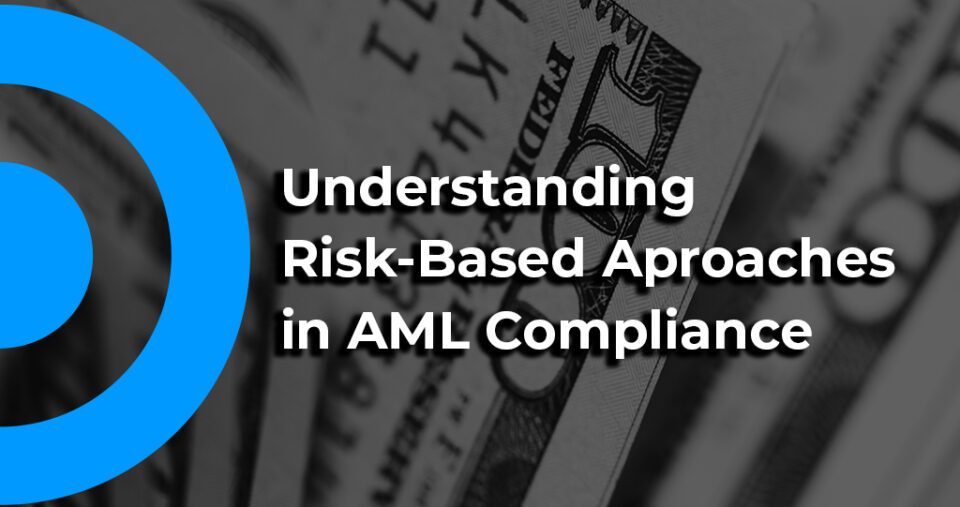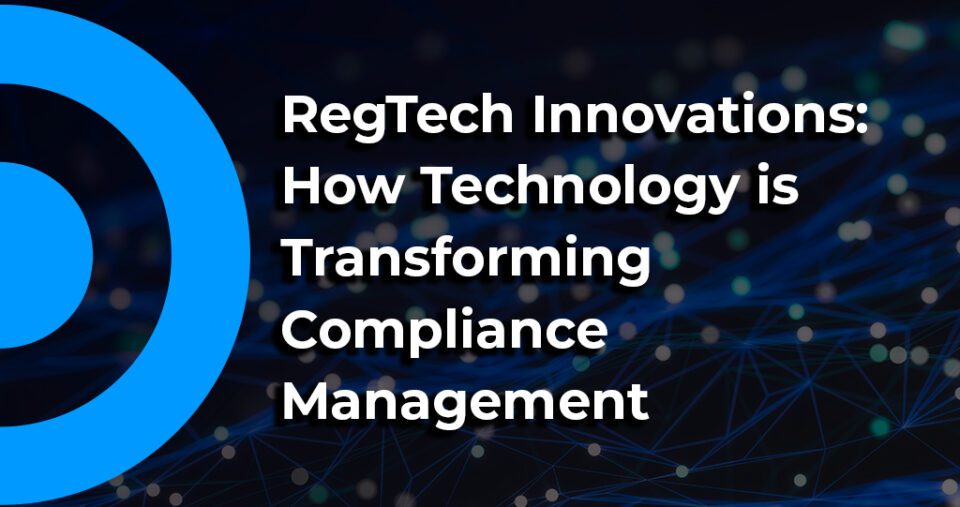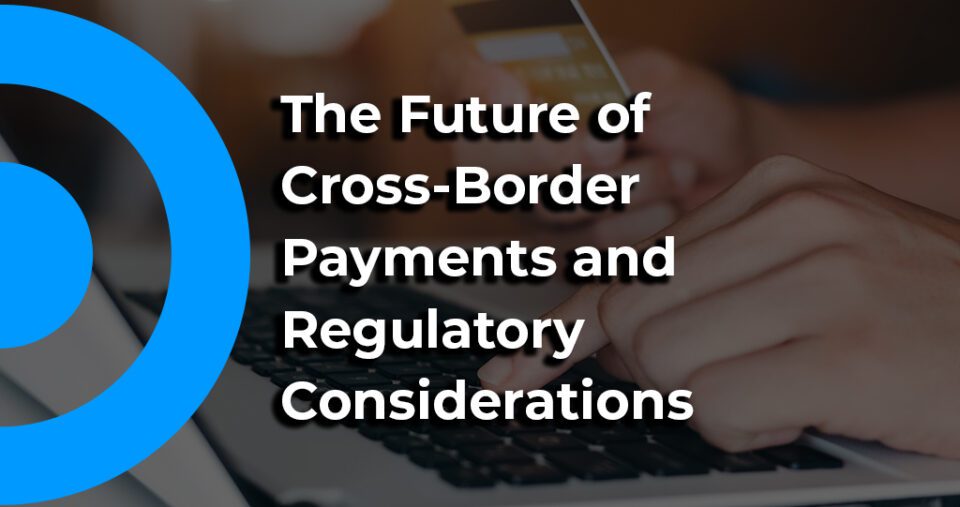
How New Canadian Financial Regulations Impact MSBs?
September 25, 2024
How to Ensure MSB AML Compliance in Canada?
October 3, 2024
Anti-Money Laundering Regulations for MSOs in Hong Kong: What You Need to Know
Hong Kong’s strategic position as a global financial hub makes it a crucial battleground for Anti-Money Laundering (AML) enforcement. Money Service Operators (MSOs) in the region must navigate a complex regulatory landscape designed to combat financial crimes. For industry experts and investors, understanding these regulations and their implications is vital for compliance and operational success. This blog delves into the latest AML regulations affecting MSOs in Hong Kong, highlighting key updates, technical details, and emerging trends.
1. Key AML Regulations for MSOs in Hong Kong
1.1. Enhanced AML Requirements
Stricter Compliance Standards: Hong Kong’s regulatory framework has tightened its AML requirements for MSOs. As of 2024, MSOs must adhere to rigorous Anti-Money Laundering and Counter-Terrorist Financing (CTF) standards. This includes comprehensive Know Your Customer (KYC) procedures, rigorous due diligence processes, and enhanced transaction monitoring systems.
Transaction Monitoring: MSOs are required to implement sophisticated transaction monitoring systems that can detect unusual or suspicious activities. These systems should use advanced analytics and machine learning algorithms to identify patterns indicative of money laundering or terrorist financing.
Record-Keeping Requirements: The regulations mandate detailed record-keeping practices. MSOs must maintain transaction records, customer identification information, and compliance documentation for a minimum of seven years. These records must be readily accessible for inspection by regulatory authorities.
Read more about MSO License Application Process in Hong Kong
1.2. Reporting Obligations
Suspicious Transaction Reports (STRs): MSOs must submit Suspicious Transaction Reports to the Hong Kong Customs and Excise Department (C&ED) when they suspect transactions may be linked to money laundering or terrorist financing, including any transactions involving high-risk jurisdictions or politically exposed persons (PEPs).
Large Transaction Reporting: Regulations now require MSOs to report large cash transactions exceeding HKD 120,000 to the C&ED. This threshold is subject to periodic review and adjustment based on inflation and market conditions.
1.3. Risk-Based Approach
Risk Assessment: MSOs must regularly conduct risk assessments to identify and evaluate AML risks in their operations.This involves analyzing customer profiles, transaction types, and geographical risk factors. MSOs must update their risk assessments annually or whenever significant changes occur in the business environment.
Enhanced Due Diligence: For high-risk customers and transactions, MSOs must apply enhanced due diligence measures. This includes obtaining additional information about the source of funds, performing more detailed background checks, and conducting ongoing monitoring of transactions.
2. Recent Regulatory Updates and Trends
2.1. Regulatory Sandbox Expansion
The Hong Kong Monetary Authority (HKMA) has expanded its regulatory sandbox to include MSOs. This initiative allows MSOs to test innovative financial technologies and services under a controlled regulatory environment. The sandbox fosters innovation while ensuring compliance with AML and CTF standards.
2.2. Increased Penalties for Non-Compliance
Recent amendments to Hong Kong’s AML regulations have introduced stricter penalties for non-compliance. Authorities can now impose fines exceeding HKD 10 million for breaches, along with criminal sanctions for serious violations. These measures aim to enhance accountability and deter illicit activities.
2.3. Technological Integration and Innovation
AI and Machine Learning: MSOs are increasingly leveraging artificial intelligence (AI) and machine learning to enhance their AML efforts. These technologies enable real-time transaction monitoring, predictive analytics, and automated reporting. AI systems can analyze vast amounts of transaction data to detect anomalies and suspicious patterns more effectively than traditional methods.
Blockchain Technology: The use of blockchain technology is gaining traction among MSOs for its potential to improve transparency and security. Blockchain provides an immutable ledger of transactions, which can help in tracing and verifying the legitimacy of financial activities.
Read more about How to Get Crypto License in Hong kong
3. Compliance Best Practices
3.1. Implementing a Robust AML Framework
AML Policies and Procedures: MSOs should develop and maintain comprehensive AML policies and procedures tailored to their specific risks and operations. These should cover aspects such as customer due diligence, transaction monitoring, and internal controls.
Training and Awareness: Regular training programs for staff on AML regulations and procedures are crucial. Employees should be aware of the latest regulatory changes and equipped to identify and report suspicious activities.
3.2. Regular Audits and Reviews
Internal Audits: Conducting regular internal audits helps ensure that AML policies and procedures are being effectively implemented and followed. Audits should assess compliance with regulatory requirements, identify weaknesses, and recommend improvements.
External Reviews: Engaging third-party consultants for external reviews can provide an objective assessment of an MSO’s AML practices. These reviews can offer insights into potential gaps and areas for enhancement.
4. Future Outlook
4.1. Emerging Trends in AML
Regulatory Evolution: Hong Kong will continue to evolve its AML regulations in response to global trends and emerging risks. MSOs should stay informed about regulatory developments and adapt their compliance strategies accordingly.
Enhanced International Cooperation: As financial crime increasingly globalizes, regulatory authorities are set to strengthen international cooperation.
4.2. Technological Advancements
RegTech Innovations: The rise of Regulatory Technology (RegTech) is set to transform AML compliance. MSOs should explore RegTech solutions that offer advanced analytics, real-time monitoring, and streamlined reporting to enhance their AML efforts.
Blockchain and AI Integration: Continued advancements in blockchain and AI technologies will further impact AML practices. MSOs should evaluate and adopt these technologies to stay ahead of regulatory requirements and improve their compliance processes.
Conclusion
Navigating Hong Kong’s AML regulations is essential for MSOs to maintain compliance and protect their operations from financial crime. By implementing robust AML frameworks, leveraging advanced technologies, and staying informed about regulatory updates, MSOs can effectively manage risks and uphold regulatory standards.
For more guidance on AML compliance and regulatory changes, contact PayCompliance. Our expertise can help you stay ahead in this dynamic regulatory landscape.
Resources :
- Hong Kong Customs and Excise Department (C&ED)
- Financial Action Task Force (FATF) Guidelines: FATF – Financial Action Task Force



